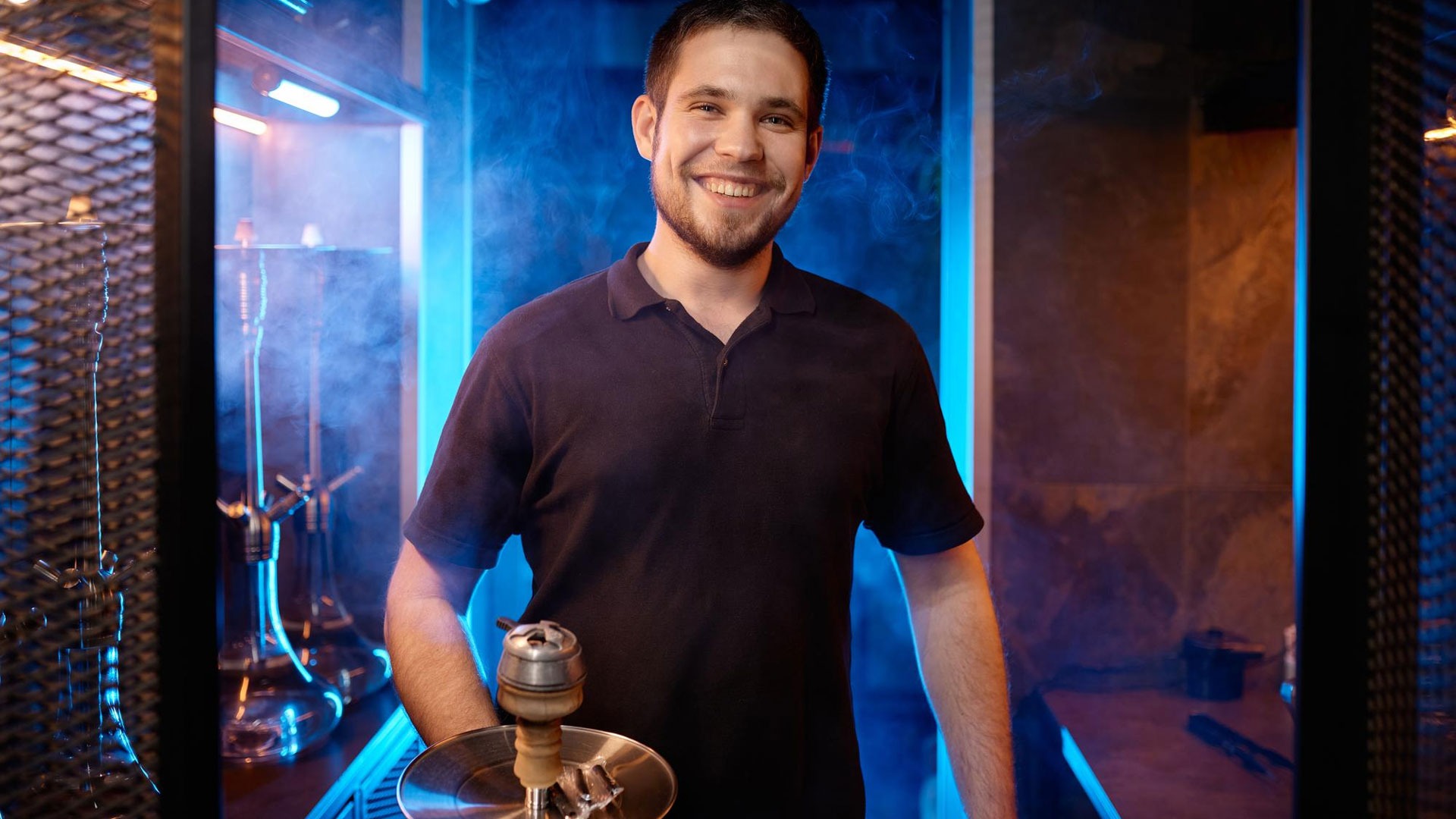What Does A Historian Do In A Club? Job Description & Duties

Clubs tend to be led by a group of officers, including a president, vice president, club secretary, and treasurer. Many clubs also tend to have a club historian.
What does a historian do in a club? Let’s find out! Join us as we take a look at the job duties and the various responsibilities of club historians.
The Job Description and Responsibilities of a Club Historian
A club historian plays a unique and vital role in the operations of the club. Their main job is to collect and preserve the club’s history. This ensures that the achievements and events that shape the club’s identity are never forgotten.
This requires a keen eye for detail and a passion for storytelling. Since clubs tend to be volunteer-based, you don’t typically need to have any degree. A dramatic arts degree would be a huge plus though.
The club historian’s role is to engage members. By sharing the club’s legacy, they foster a sense of pride and continuity. It’s a role that requires diligence, creativity, and a deep appreciation for the club’s journey.
Essential Photography Skills for Documenting Club Activities
As a club historian, capturing moments through photography is a huge part of preserving memories. These include both significant moments and those that may seem mundane.
You don’t need to be a professional photographer. However, understanding the basics, like framing, lighting, and focus, will make a big difference. You can also use a video camera to record events and create vlogs.
Taking the time to learn how to use a camera properly will ensure that the images you capture truly represent the spirit and events of the club.
Writing Engaging Stories for the Club
As the historian, your writing will bring the past to life for future club members. You’ll need to craft stories that are not only accurate but also engaging. You’ll need to showcase your knowledge.
To do this, focus on creating vivid descriptions and sharing anecdotes that give readers a sense of the club’s personality.
Make sure your stories are easy to follow and free of jargon so that everyone, from new members to seasoned veterans, can enjoy them.
Compiling Historical Documents
Club historian duties include the collection and compilation of past publications and documents relating to the club, similar to an actual historian.
For example, if the club is based around a college sports team, take a look at all university newsletters, local newspaper reports, and articles. You can also check out books and other material. Basically, any records that exist.
Communication Skills
Club historians may also need to have excellent communication skills, both written and verbal. They need to know how to communicate with other members, as well as people outside the club.
In order to promote and raise the profile of the club, the historian should be able to interview personalities outside the club. For instance, if it’s a book club, interviews with authors and publishers can be published.
Technological Proficiency
In today’s digital world, being a computer whiz is practically a must. You’ll likely be responsible for managing digital records and sharing updates online. This could involve anything from maintaining a website to posting about upcoming events on social media.
Having a good grasp of computer skills will make these tasks much smoother. You can allow you to effectively showcase the functions and events of your club in a way that’s accessible to everyone.
In addition, savvy use of digital tools can help you organize your historical records more efficiently, making it easier for people to find and enjoy the history you’re preserving.
Other Historian Duties

In smaller clubs, historians may also need to draft the budget, create scrapbooks and help in organizing events (such as fundraisers and dances). They may need to visit the site of historical events.
Becoming a Club’s Memory Keeper
Are you interested in becoming a historian for your club? Here’s how you can reach your goal.
Participate
To start, engage actively with your club. Attend meetings, participate in volunteer opportunities, as well as other programs and events, and contribute ideas.
Conduct yourself well and establish yourself as a valuable member of the club.
Express Your Interest In The Position
Next, express your interest in documenting the club’s history. Talk to the leaders and members about your passion for preserving the legacy of the club.
Explain how you plan to record events and why it’s important to have a record of the club’s achievements and activities.
Be Reliable
Reliability is key. Be the person others can count on. If you say you’ll do something, make sure you do it.
This builds trust among club members and officers. When people trust you, they’re more likely to support you becoming the club historian.
Campaign for The Role
Historians may be elected by club members or appointed by the club president. If your club votes, campaign by sharing your vision for the role and how it will benefit the club.
If the leader chooses, a demonstration of your commitment and reliability can put you in a favorable position.
Shoulder The Responsibility
Once you’re the historian, you get to compile and document the club’s story. You’ll collect photos, write about events, and keep track of important dates.
It’s a big responsibility, but also a special opportunity to ensure the hard work and fun times of your club aren’t forgotten.
Salary
Most clubs operate on a volunteer basis. They are based on and operate around shared interests, such as sports teams. All club officers and members typically join out of a sense of community and love.
As such, there is no specific pay for this position.
Conclusion
Being a club historian is an important and fun job. You get to be at the heart of the action, saving memories and sharing stories.
Whether it’s through photos, articles, or a website, you can help everyone remember the amazing journey of your club.



